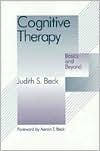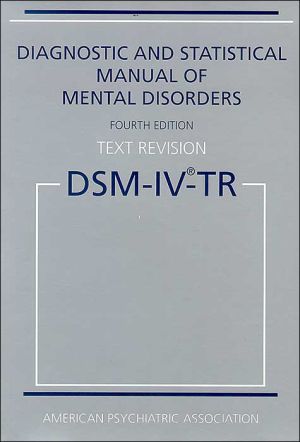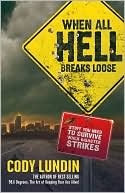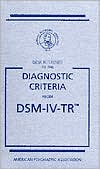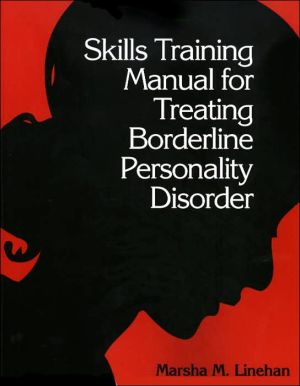Cognitive Therapy: Basics and Beyond
Search in google:
Since its development in the 1960s as a structured, short-term psychotherapy for depression, cognitive therapy has come of age. Today the approach is successfully applied in the treatment of a broad range of psychological disorders, an evolution reflected in the myriad titles now available. Regardless of the disorder, all these applications are based on core, underlying principles, which are clearly articulated in this volume. Providing readers with a solid foundation for practice, Cognitive Therapy: Basics and Beyond delineates the fundamental building blocks of cognitive conceptualization and treatment.Written in a clear, step-by-step style, this text helps therapists sharpen their conceptualization skills, plan more effective treatment, expand their repertoire of techniques, and trouble-shoot difficulties. Throughout the volume, the author offers clinical examples and transcripts drawn from one patient's treatment to illuminate the narrative and illustrate cognitive therapy in action.Introductory chapters describe how to conceptualize clients according to the cognitive model, plan and conduct the first session, identify initial problems and goals, and structure therapy within and across sessions. Then the basic steps for conducting cognitive therapy are presented, with specific instruction on how to identify, evaluate, and respond to a client's automatic thoughts. Effective strategies for modifying underlying assumptions and core beliefs are also explicated.Methods for increasing homework compliance, preparing for termination, and preventing relapse are laid out. Even experienced cognitive therapists will find new strategies and insights in chapters on planning treatment, diagnosing problems, using imagery, and bringing about behavioral change.In addition to numerous practical suggestions, this volume features a variety of sample patient worksheets and appendices that detail resource materials and reading lists for both the practitioner and the client. A final chapter offers guidance in progressing as a cognitive therapist.An important resource for any therapist's shelf, Cognitive Therapy: Basics and Beyond is necessary reading for the practitioner or student new to cognitive therapy who wants to learn about this tested approach, and for the clinician already practicing cognitive therapy who wants to learn the cutting-edge strategies of conceptualization and treatment. Sara J. Knight This text is an introductory treatment manual covering the practice of cognitive therapy. It describes conceptualization and method, process and structure, adjunctive cognitive behavioral techniques, common application problems, and therapist training issues. Judith Beck, PhD, is a highly credible author. She is the daughter of Aaron T. Beck, MD, the founder of cognitive therapy, and a highly respected cognitive therapy practitioner and educator in her own right. Dr. Beck's purpose in this work is to inform the beginning therapist about cognitive concepts, methods and process. She also aims to strengthen the experienced therapist's ability to understand cases and treatment from a cognitive perspective. The book's emphasis on the pragmatics and application of cognitive therapy supplement existing foundation works on this therapeutic system. Intended for graduate students in the mental health professions, this work will provide an excellent resource for teaching and supervision. The advanced therapist will find that the book provides an excellent review of problems and issues in the practice of cognitive therapy. Throughout the text, Dr. Beck uses illustrations and supplemental materials. Therapy transcripts exemplify therapist and patient interaction. Diagrams depict models of patient and treatment process. Highlighted boxes summarize key concepts. Appendixes offer sample forms and resource lists. The table of contents and index are clear and well organized. The reference list is focused toward essential work in cognitive therapy, yet includes citations representing a wide range of clinical applications. This is a most useful manual for beginning students and clinicians in mental healthprofessions. Its emphasis on the pragmatics of cognitive therapy makes it a valuable tool for therapy educators and supervisors. Among the existing books on cognitive therapy that emphasize its theoretical foundations, this stands out as a concise, practical guide.
Ch. 1Introduction1Ch. 2Cognitive Conceptualization13Ch. 3Structure of the First Therapy Session25Ch. 4Session Two and Beyond: Structure and Format45Ch. 5Problems with Structuring the Therapy Session63Ch. 6Identifying Automatic Thoughts75Ch. 7Identifying Emotions94Ch. 8Evaluating Automatic Thoughts105Ch. 9Responding to Automatic Thoughts125Ch. 10Identifying and Modifying Intermediate Beliefs137Ch. 11Core Beliefs166Ch. 12Additional Cognitive and Behavioral Techniques193Ch. 13Imagery229Ch. 14Homework248Ch. 15Termination and Relapse Prevention269Ch. 16Treatment Planning284Ch. 17Problems in Therapy300Ch. 18Progressing as a Cognitive Therapist312Appendix A. Case Summary Worksheet315Appendix B. A Basic Cognitive Therapy Reading List for Therapists319Appendix C. Cognitive Therapy Reading List for Patients (and Therapists)322Appendix D. Cognitive Therapy Resources323References325Index331
